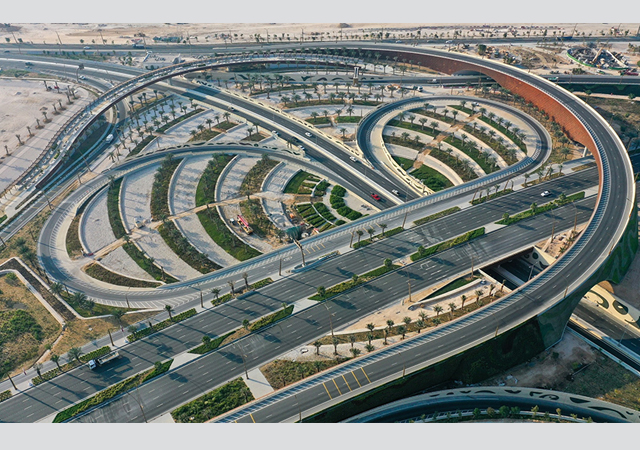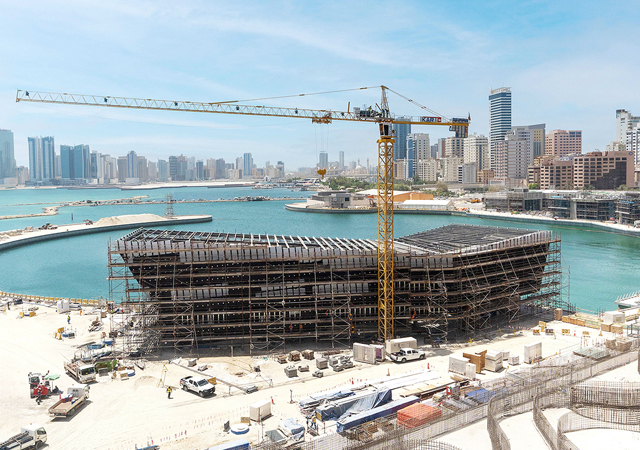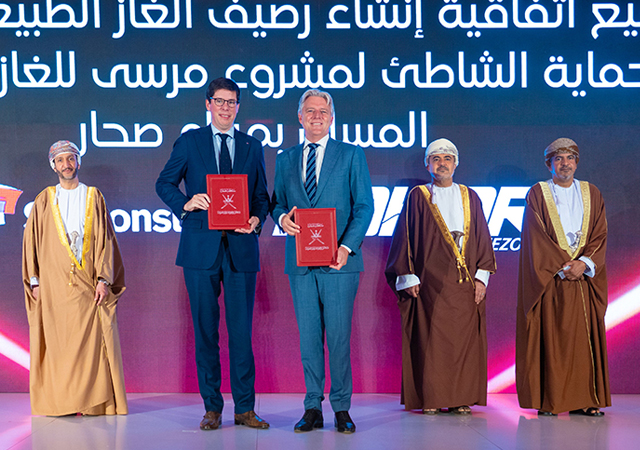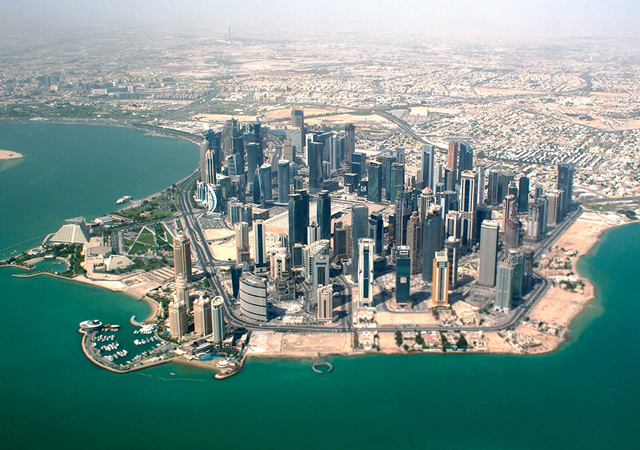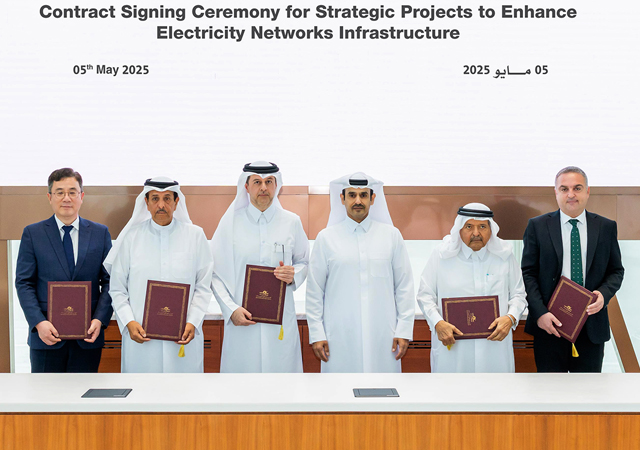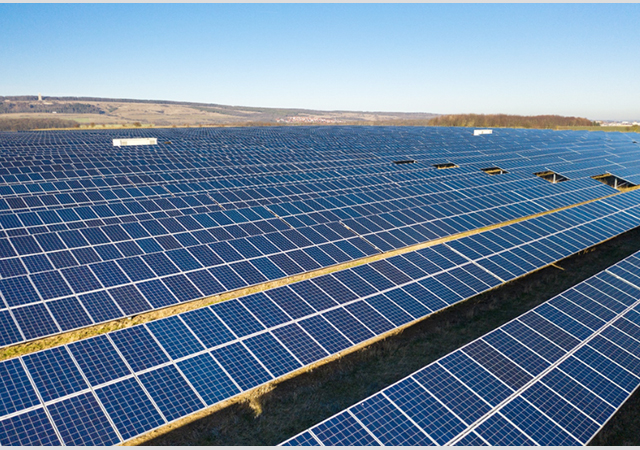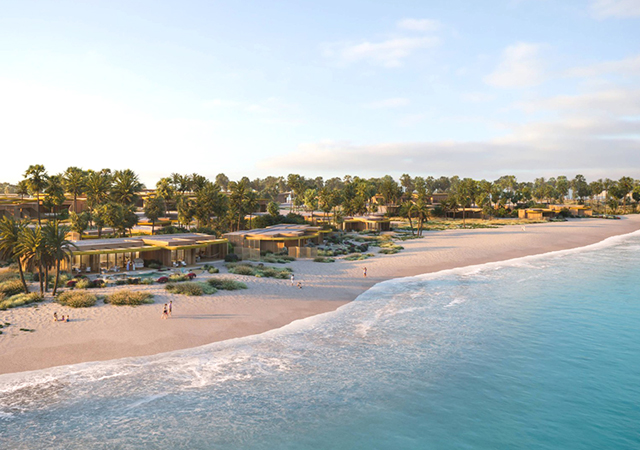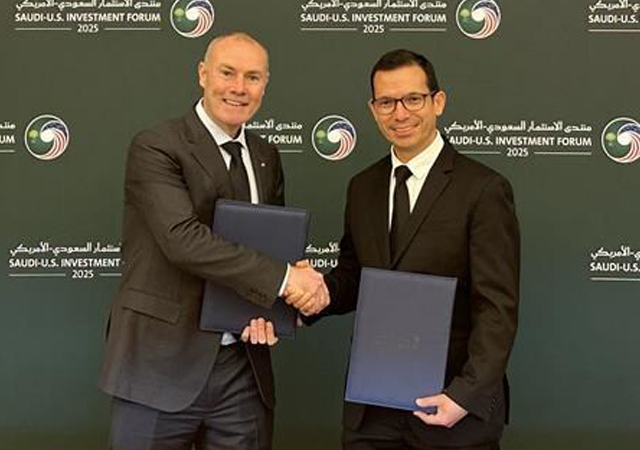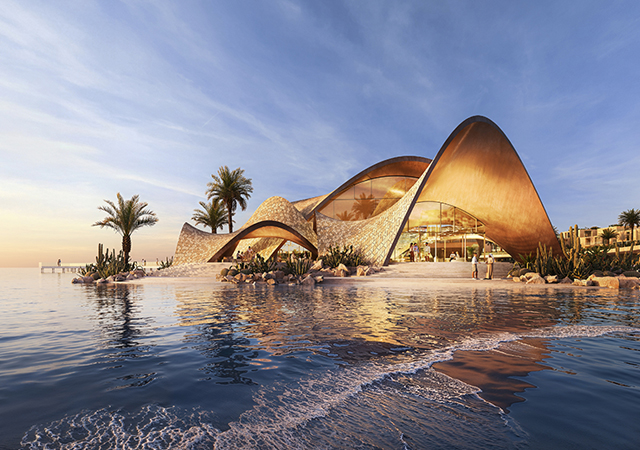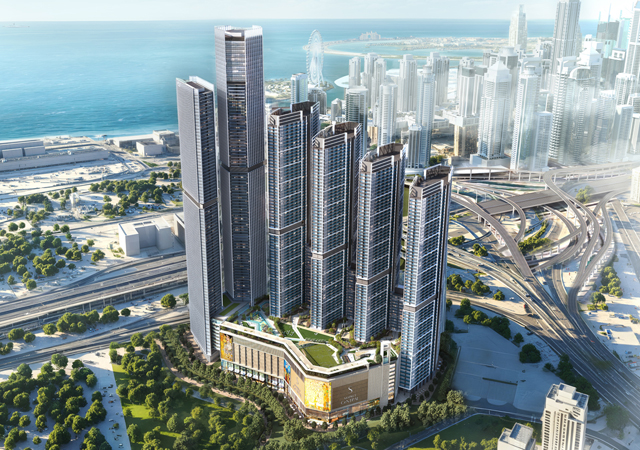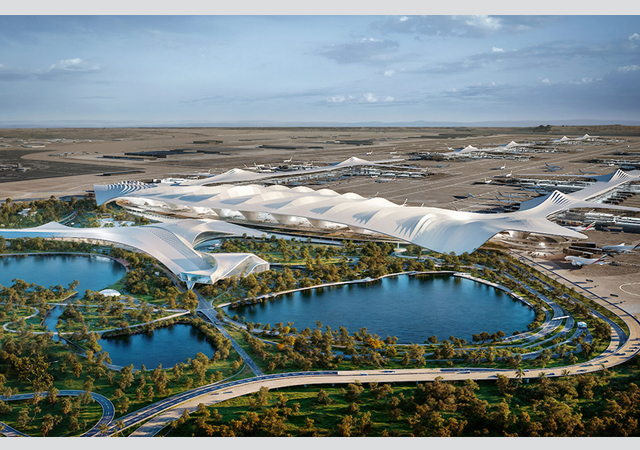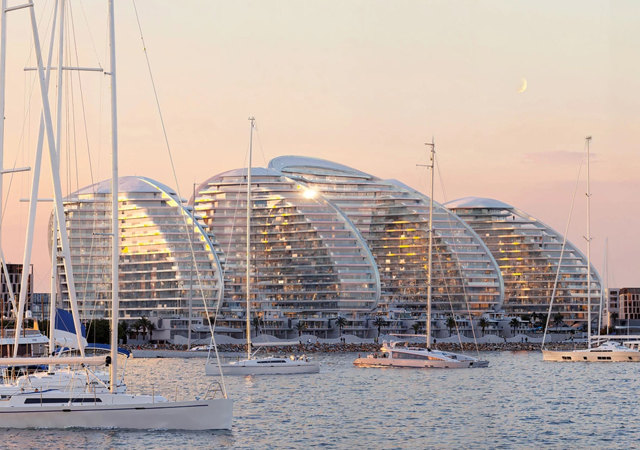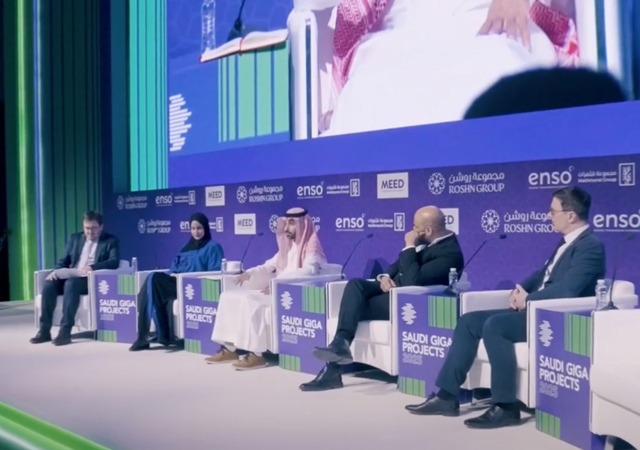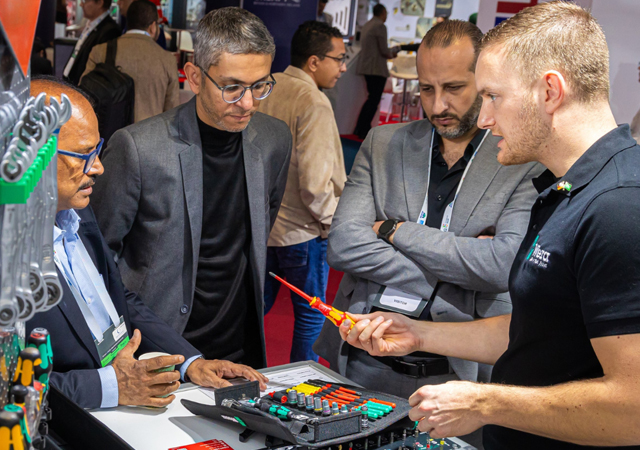
TOP international engineering companies are among nine groups of bidders shortlisted for a $1.2-billion contract involving the expansion of Oman’s flagship refinery at Sohar, according to the Oman Observer.
In contention for the engineering, procurement and construction (EPC) contract are Technip, the France-based provider of project management, engineering, and construction services for the oil and gas industry; TecnicasReunidas (TR), a leading Spanish engineering firm specialising in the design and construction of industrial plants of all types; Korean construction conglomerate Hyundai Engineering; and the joint venture of Indian engineering giant Larsen & Toubro (L&T) and GS Engineering of South Korea.
Also in the fray is the partnership of Petrofac, the London-headquartered international provider of integrated facilities services to the hydrocarbon and petrochemical industries, and South Korean engineering and construction conglomerate Daelim. Fellow Korean engineering corporation Daewoo has teamed up with global petrochemicals firm Lurgi to bid for the contract.
Among other contenders are Japanese engineering corporation Chiyoda, which has joined hands with Seoul-based industrial contractor Samsung Engineering, Korean firm SK Engineering, and Japanese industrial contractor JGC.
The expansion, estimated to cost in the range of $1.5 to $1.8 billion, is being overseen by Oman Oil Refineries and Petroleum Industries Company (Orpic), a wholly government-owned integrated refining and petrochemicals entity.
Orpic oversees the management of Oman’s two refineries at Mina Al Fahal and Sohar, as well as the aromatics and polypropylene plants at Sohar industrial port.
The upgrade will add around 60,000 barrels per day (bpd) of new capacity to Sohar Refinery’s present processing capacity of around 116,000 bpd of crude and long residue.
The newspaper added that the shortlisted bidders were invited to a site visit at the end of last month. The site visit was also expected to provide an opportunity for the bidders to have any technical queries about the EPC package answered by the client’s representatives.
Also envisaged is a delayed coker unit (DCU) designed to minimise excess low value bitumen production and increase the production of high value products like LPG, naphtha and diesel.


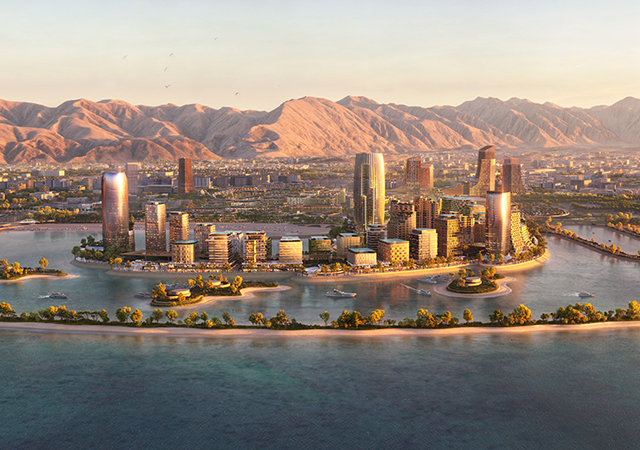

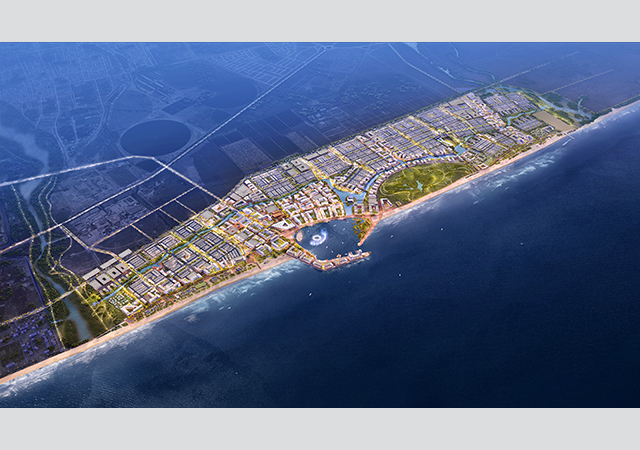
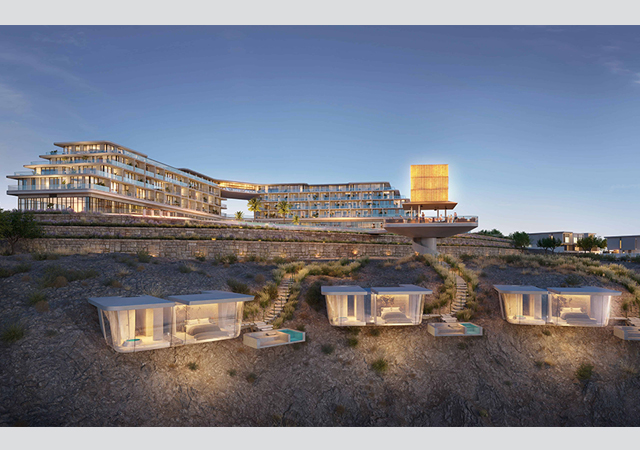
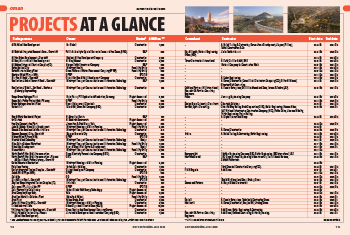

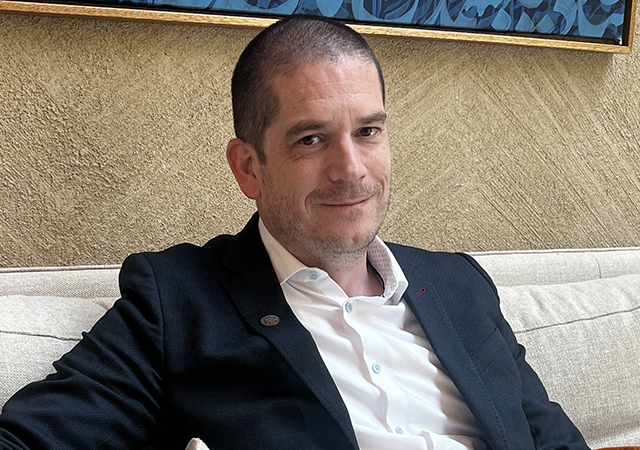
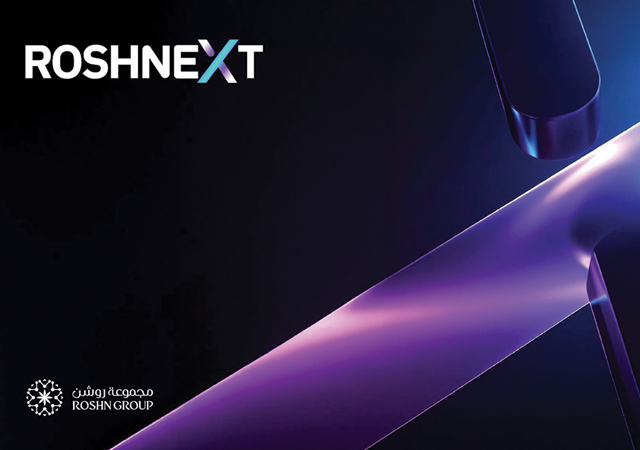
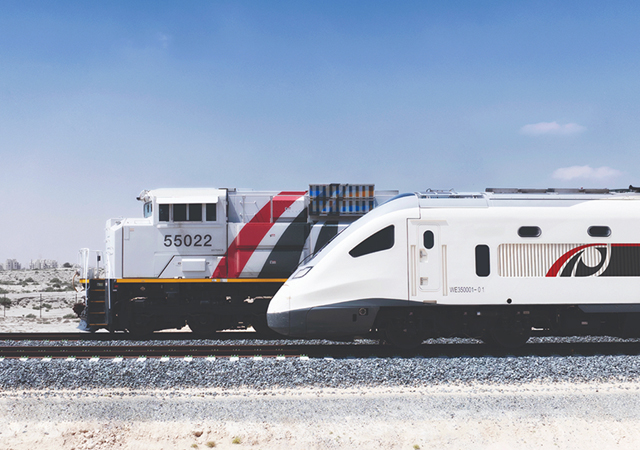
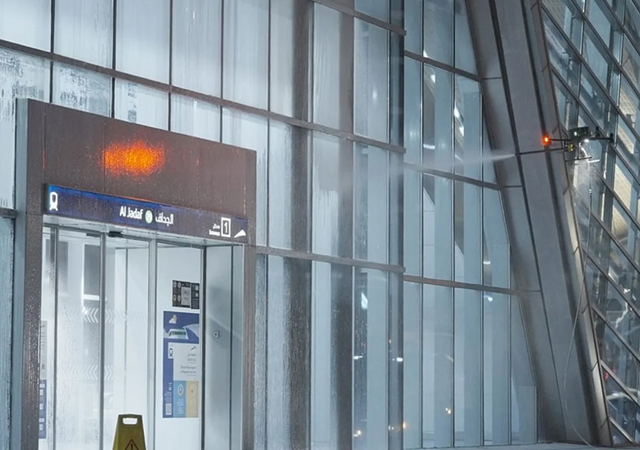
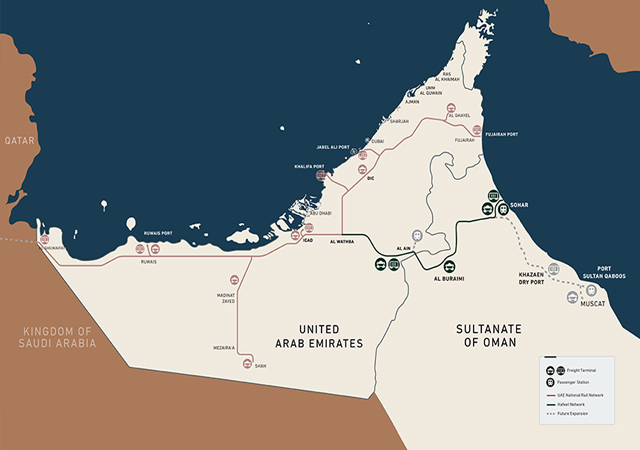
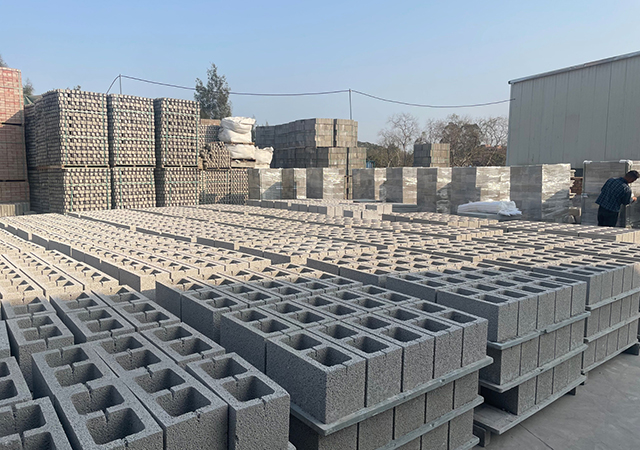
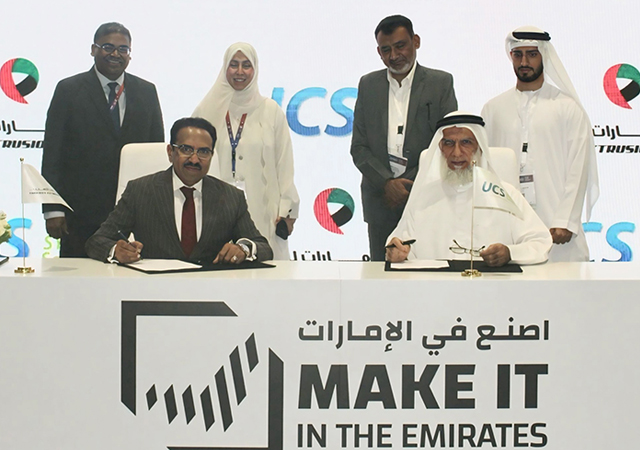

.jpg)
.jpg)
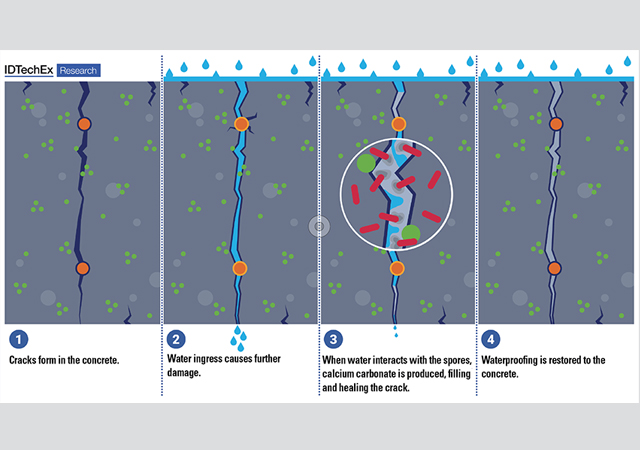
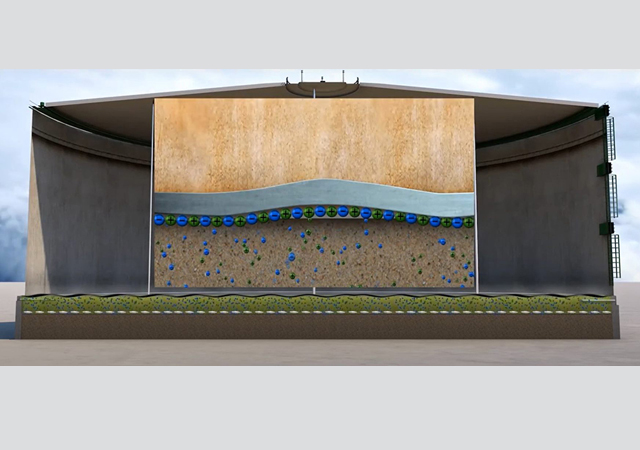
.jpg)
.jpg)
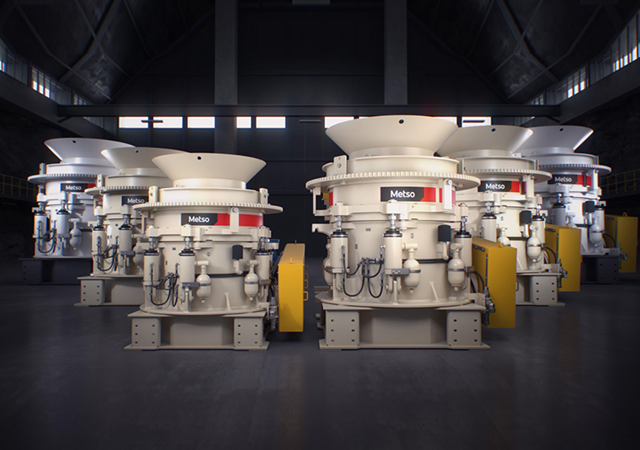
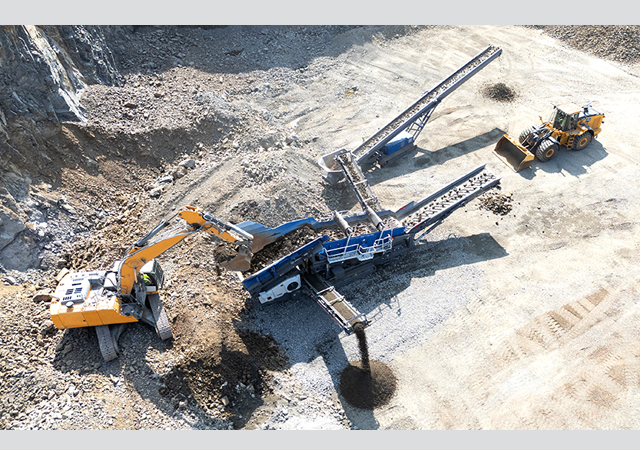
.jpg)
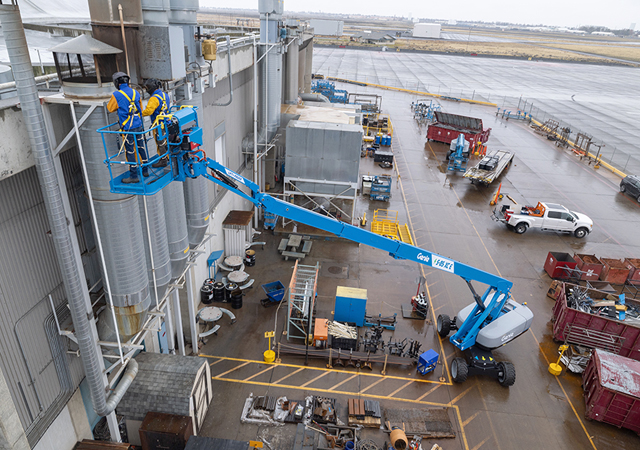
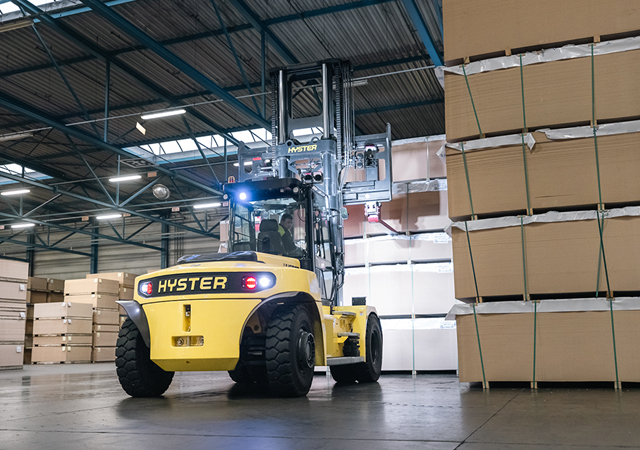
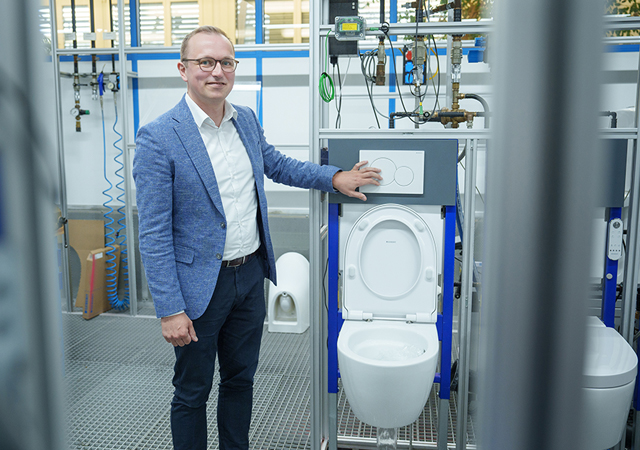

 Doka.jpg)


